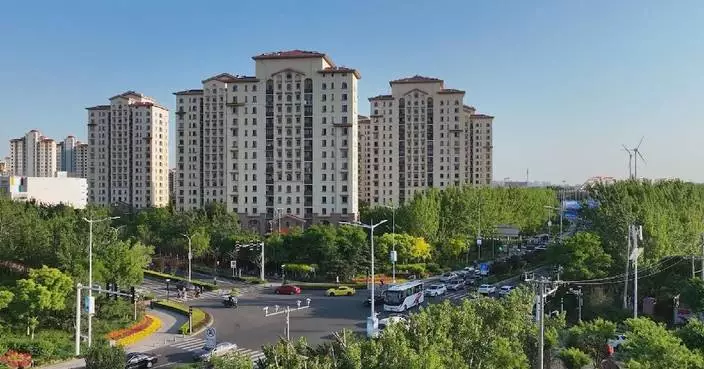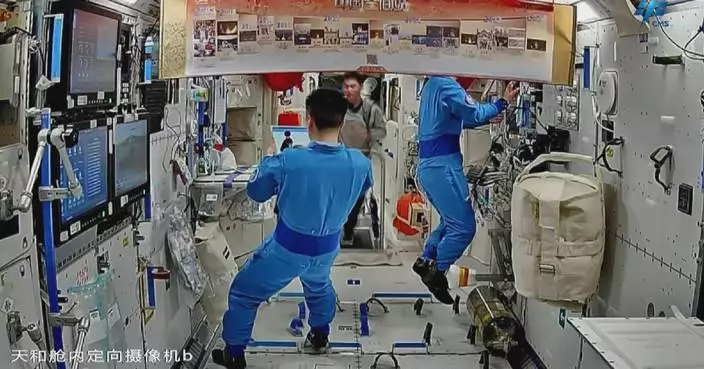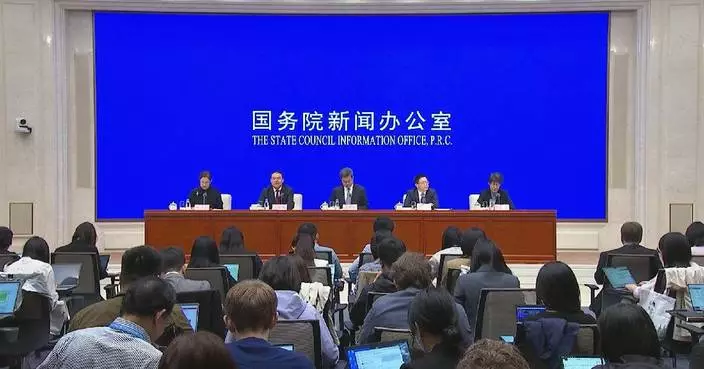Substantial fiscal stimulus measures announced by China's Ministry of Finance on Saturday will effectively assist local governments in dissolving the debt risks they are confronting, said a Chinese economist.
China will introduce a package of targeted incremental fiscal policy measures in the near future to boost the economy, Minister of Finance Lan Fo'an told a press conference on Saturday.
The package includes increasing the debt ceiling on a relatively large scale in a lump sum to replace the "hidden" debts of local governments and help defuse their debt risks.
The special purpose bonds in the package that aim to tackle this issue total some 2.3 trillion yuan (about 325.17 billion U.S. dollars), available for use from October to December this year.
"Local governments encounter many constraints due to their restricted fiscal capacity caused by hidden debts. The central government's decision to increase the quota of special-purpose bonds for local authorities helps enhance the transparency and regulation of their hidden debts. Moreover, this would result in lower financing costs for local governments, alleviating their burdens and enabling them to focus on promoting production and ensuring the well-being of the people," said Qiao Baoyun, dean of the China Academy of Public Finance and Public Policy at Central University of Finance and Economics.
The central finance has arranged a local government debt limit of over 2.2 trillion yuan (310 billion U.S. dollars) in 2023, and an additional 1.2 trillion yuan (170 billion U.S. dollars) in 2024 to support localities, especially high-risk areas, in resolving existing debt risks and clearing arrears owed to enterprises, Lan said the press conference.
"This time, the stimulus is substantial. It's not just a one-time effort but part of a series of measures. Depending on the outcome of these policies and the shifts in the socio-economic landscape, the Ministry of Finance may introduce more policies in the future," said Qiao.
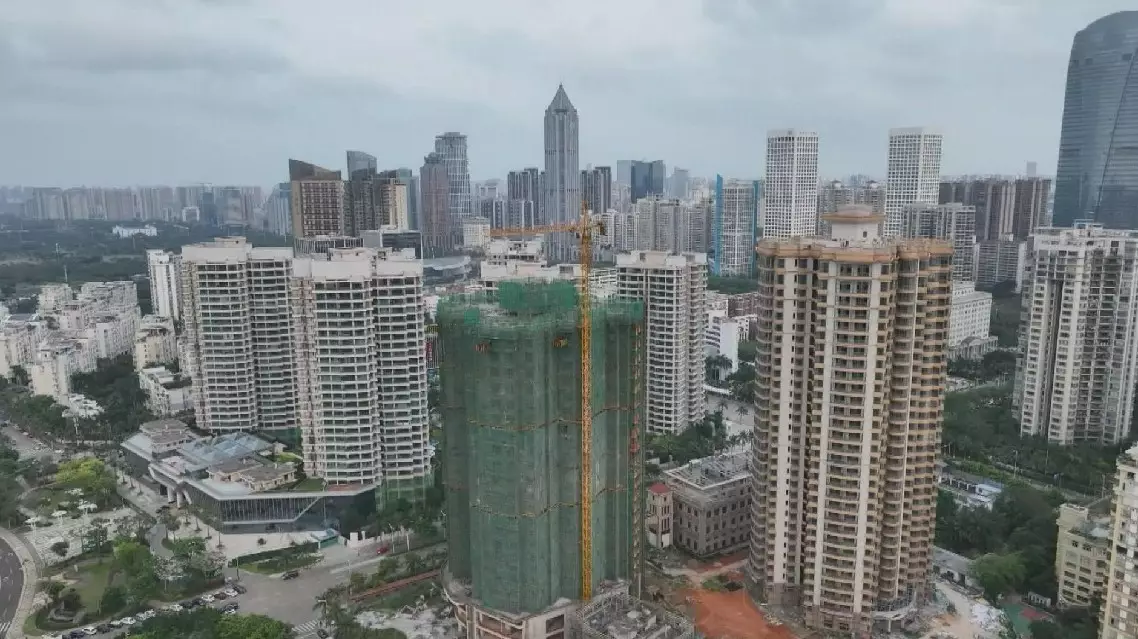
Special purpose bonds crucial for local governments in dissolving debt risks: economist
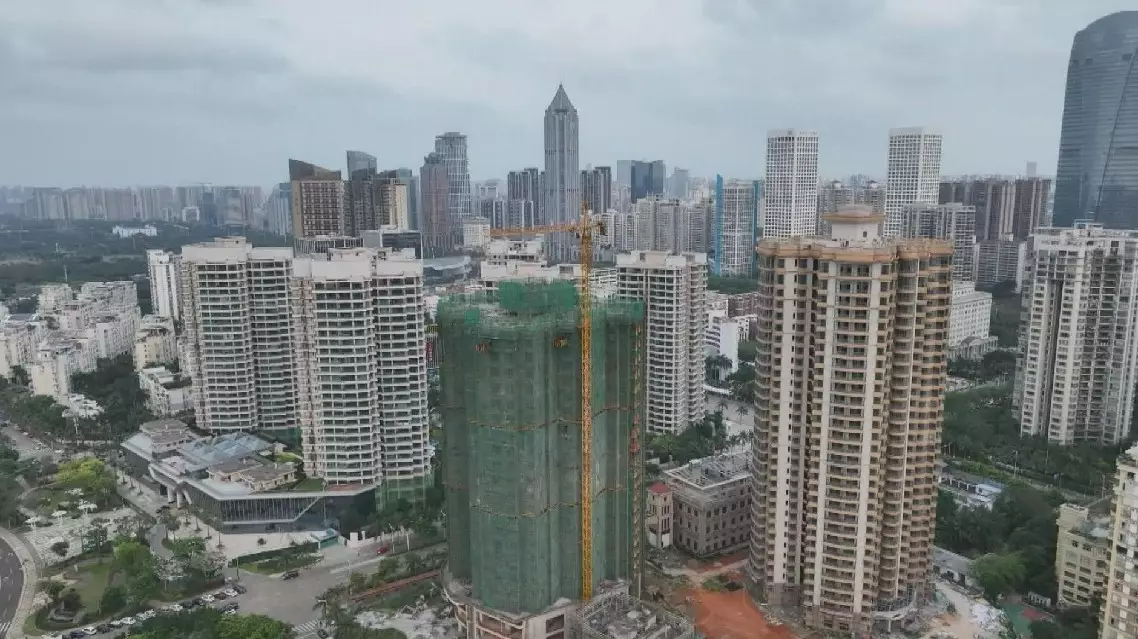
Special purpose bonds crucial for local governments in dissolving debt risks: economist
China's auto sales have seen a new wave of growth driven by a mix of promotional events, subsidy policies and increased government support.
During the country's just-concluded National Day holiday from Oct. 1 to 7, over 20 auto exhibitions were held nationwide, further boosting consumer demand.
Collaborative efforts between the government, automakers and banks in Zhuhai City of south China's Guangdong Province have resulted in combined discounts and subsidies, making cars more affordable to consumers.
Additionally, policy restrictions have been eased in the city, especially for vehicle trade-ins. Previously, the old car's registration and transfer, as well as the new car's registration, were required to be listed within Zhuhai, but now these limitations have been removed.
In recent years, the Chinese government has been ramping up support for the auto industry. Initiatives such as vehicle purchase tax exemptions, the promotion of new energy vehicles (NEVs) in rural areas, eased purchase restrictions and large-scale trade-in programs have been introduced to ensure steady growth of the auto industry.
Industry insiders said they expect the impact of these programs to carry on into the long term.
"The potential for passenger vehicle consumption has been further unleashed. The trade-in policy will surely ensure solid growth for the auto industry, which will, in turn, have a positive impact on the broader economy and consumption," said Wang Du, assistant to the Chairman of the China Automobile Dealers Association (CADA).
Local governments have been quick to respond with their own policies. In September, Beijing introduced a subsidy for NEV purchases, offering up to 30,000 yuan (about 4,200 U.S. dollars) per vehicle. Meanwhile, Shanghai increased the issuance of car license plates, further stimulating market demand.
"Considering the impact of our country's trade-in policies and the growing appeal of NEVs, we anticipate a positive trend in auto sales over the next three months," said Zhao Yang, vice chairman of the Automotive Committee under the China Council for the Promotion of International Trade.
With these layered policies in place, confidence in the auto industry continues to rise, bolstering consumer sentiment across the board.
"Government subsidies are very attractive right now, and with discounts offered by this dealership reaching up to 28,000 yuan (about 3,900 U.S. dollars), we're much more willing to make a purchase," said a prospective car buyer.
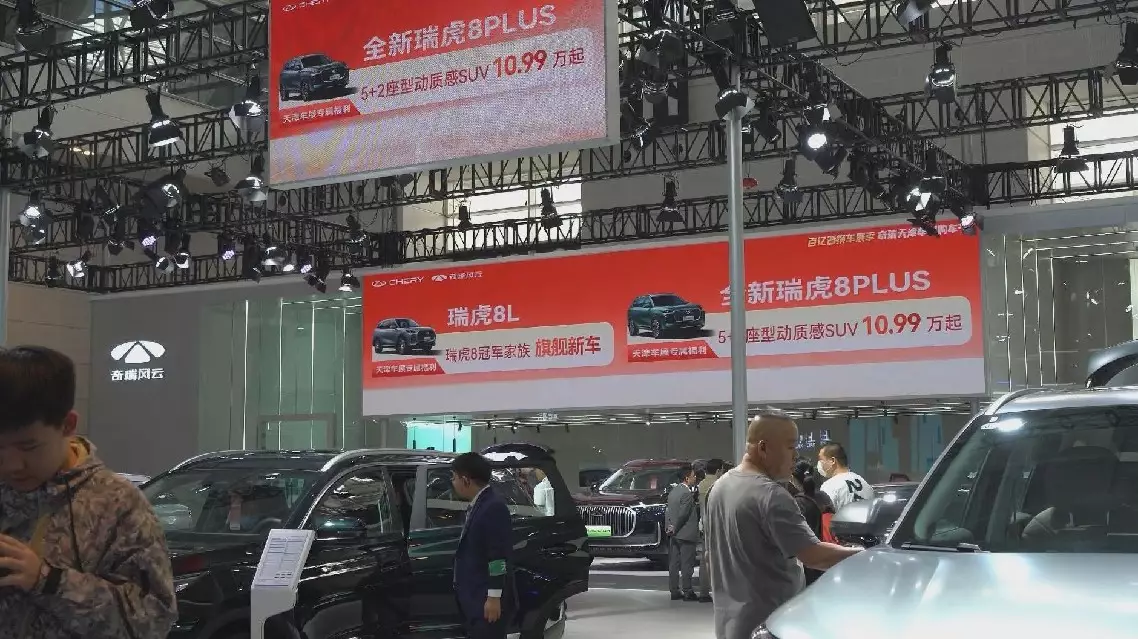
Ramp-up in subsidies spurs car sales across China







